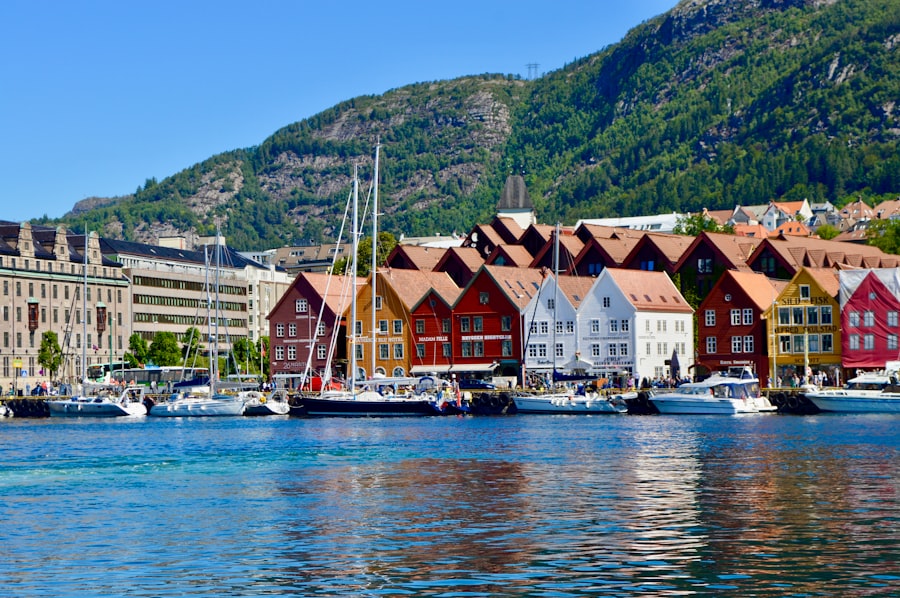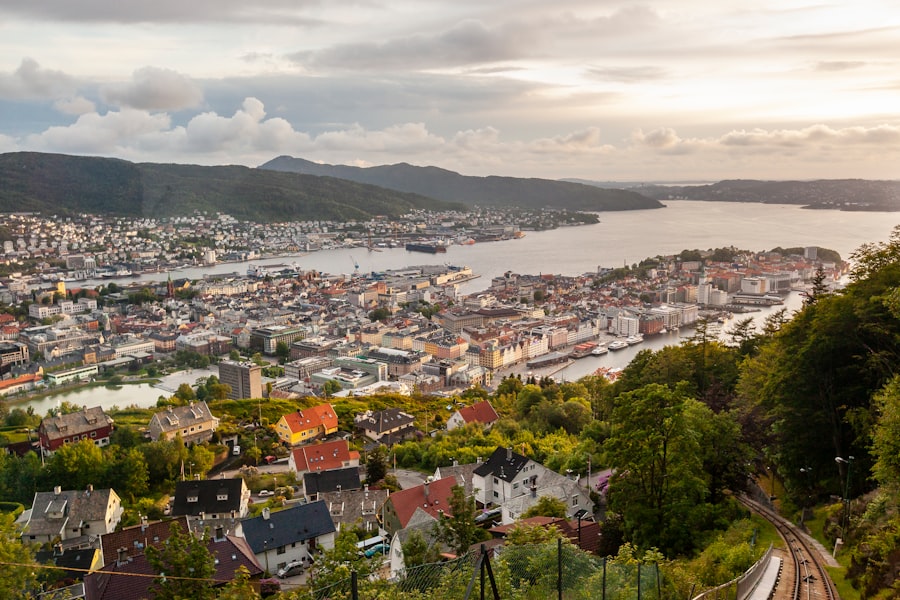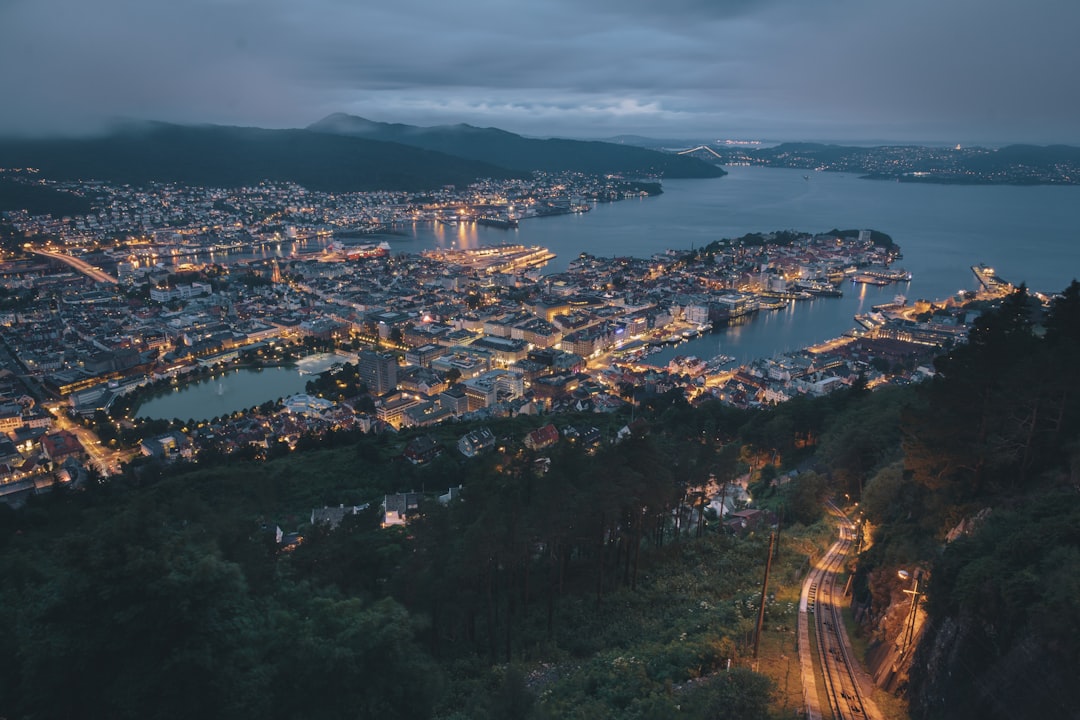Norway, a country renowned for its stunning landscapes and rich cultural heritage, boasts a public holiday calendar that reflects its unique history and traditions. The public holidays in Norway are not merely days off work; they are significant occasions that resonate deeply within the fabric of Norwegian society. From celebrating national pride to honouring historical events, these holidays provide a glimpse into the values and beliefs that shape the nation.
For those considering a move to Norway or planning a visit, understanding the public holiday calendar is essential for navigating social customs and engaging with the local community. The public holiday calendar in Norway is marked by a blend of religious observances, national celebrations, and seasonal festivities. Each holiday carries its own significance and is celebrated in various ways across the country.
For expatriates and tourists alike, being aware of these dates can enhance their experience in Norway, allowing them to participate in local traditions and understand the cultural context behind these celebrations. As such, it is crucial to delve deeper into the significance of public holidays in Norwegian culture. Your journey to a smooth relocation starts here. Talk one-on-one with a Norway Relocation specialist and turn your plan into a reality. https://norwayrelocation.no/one-hour-strategy-session/
Summary
- Norway has a diverse public holiday calendar, with both religious and secular celebrations.
- Public holidays hold great significance in Norwegian culture, reflecting the country’s history, traditions, and values.
- Key public holidays in Norway include Constitution Day, Christmas, Easter, and Labour Day, each with its own historical and cultural significance.
- Public holidays in Norway are celebrated with various customs and traditions, such as parades, feasting, and outdoor activities.
- Public holidays have a significant impact on the economy and daily life in Norway, with businesses closing and people spending time with family and friends.
Understanding the significance of public holidays in Norwegian culture
Public holidays in Norway serve as a reflection of the nation’s identity, encapsulating its history, values, and social norms. These holidays are not only a time for relaxation and leisure but also an opportunity for Norwegians to come together as a community, reinforcing social bonds and shared experiences. The significance of these holidays extends beyond mere observance; they are moments of collective reflection on what it means to be Norwegian.
Moreover, public holidays often highlight the importance of family and tradition in Norwegian culture. Many holidays are centred around family gatherings, where generations come together to celebrate shared customs and values. This emphasis on familial connections underscores the role of public holidays as a means of preserving cultural heritage and fostering a sense of belonging among Norwegians.
For newcomers to the country, understanding this cultural significance can facilitate deeper connections with locals and enrich their overall experience.
Key public holidays and their historical and cultural significance

Norway’s public holiday calendar features several key dates that hold historical and cultural significance. One of the most prominent is Constitution Day, celebrated on May 17th. This day commemorates the signing of the Norwegian Constitution in 1814, marking Norway’s transition to an independent nation.
The celebrations are characterised by parades, traditional costumes known as bunads, and a palpable sense of national pride. For many Norwegians, this day is not just about history; it is a celebration of democracy and freedom. Another important holiday is Christmas, celebrated on December 25th.
The festive season in Norway is steeped in traditions that date back centuries, blending Christian customs with ancient pagan rituals. The lead-up to Christmas, known as Advent, is marked by various traditions such as lighting candles and decorating homes with festive ornaments. On Christmas Eve, families gather for a special meal, often featuring traditional dishes like ribbe (pork ribs) or lutefisk (dried fish).
The significance of Christmas extends beyond religious observance; it is a time for family reunions and creating cherished memories.
How public holidays in Norway are celebrated
Celebrations during public holidays in Norway vary widely, reflecting regional customs and personal preferences. On Constitution Day, for instance, cities and towns across the country come alive with parades featuring marching bands, schoolchildren waving flags, and citizens dressed in traditional attire. The atmosphere is one of joy and festivity, with many people enjoying ice cream and hot dogs from street vendors while celebrating their national identity.
In contrast, Christmas celebrations tend to be more intimate and family-oriented. Many Norwegians engage in the tradition of “julebord,” or Christmas parties, where colleagues and friends gather to enjoy festive meals together. The holiday season is also marked by various local customs, such as the “julekalender,” an advent calendar that counts down to Christmas Day with daily surprises.
These celebrations highlight the diversity of Norwegian culture while fostering a sense of community among participants.
The impact of public holidays on the economy and daily life in Norway
Public holidays in Norway have a significant impact on both the economy and daily life. For businesses, these holidays often mean altered operating hours or complete closures, particularly on major holidays like Christmas and New Year’s Day. This can affect everything from retail sales to tourism, as many attractions may be closed or operate on reduced hours during these times.
However, certain sectors, such as hospitality and entertainment, may see increased activity as people seek leisure activities during their time off. On a personal level, public holidays provide Norwegians with much-needed breaks from their busy lives. These days off allow individuals to recharge, spend time with family, and engage in leisure activities.
The rhythm of daily life often shifts around these holidays, with many people planning vacations or family gatherings well in advance. For expatriates navigating their new lives in Norway, understanding how public holidays influence daily routines can help them integrate more smoothly into local society.
Planning for public holidays: Tips for tourists and expats

For tourists and expatriates planning to experience Norway’s public holidays, preparation is key to making the most of these occasions. First and foremost, it is essential to be aware of the specific dates of public holidays throughout the year. This knowledge will help avoid any surprises regarding business closures or changes in transportation schedules.
Additionally, many popular tourist attractions may have limited hours or special events during these times, so checking ahead can ensure a more enjoyable experience. Engaging with local customs during public holidays can also enhance one’s experience in Norway. For instance, participating in Constitution Day celebrations by attending parades or wearing traditional attire can provide valuable insights into Norwegian culture.
Similarly, joining family gatherings during Christmas or Easter can foster connections with locals and create lasting memories. By embracing these opportunities for cultural exchange, tourists and expatriates can deepen their understanding of Norwegian society.
Public holiday traditions and customs in Norway
Norwegian public holiday traditions are rich and varied, often reflecting the country’s diverse cultural influences. One notable tradition is the “17th Mai” celebration on Constitution Day, where children play a central role in parades across the nation. Schools often prepare special performances or songs that children showcase during these events, highlighting the importance of youth participation in national celebrations.
Another cherished custom is the “julefrokost,” or Christmas breakfast, which brings families together on Christmas morning to enjoy a festive meal before exchanging gifts. This meal typically includes a variety of traditional dishes such as porridge with almond hidden inside (a fun game where finding the almond brings good luck) and various baked goods like gingerbread cookies. These customs not only create joyful moments but also reinforce familial bonds and cultural continuity.
The role of public holidays in promoting national identity and unity
Public holidays play a crucial role in promoting national identity and unity among Norwegians. Events like Constitution Day serve as powerful reminders of the country’s history and values, fostering a sense of pride among citizens. The collective participation in celebrations reinforces social cohesion and highlights shared experiences that transcend regional differences.
Moreover, public holidays provide an opportunity for Norwegians to reflect on their identity as a nation. By coming together to celebrate significant events or cultural traditions, citizens reaffirm their commitment to their country’s values and heritage. This sense of unity is particularly important in a diverse society where individuals may come from various backgrounds but share common aspirations for their nation’s future.
Controversial public holidays in Norway: Debates and discussions
While many public holidays are widely celebrated without contention, some have sparked debates within Norwegian society. For instance, discussions surrounding Labour Day on May 1st often centre on its political implications and the role of unions in contemporary society. While some view it as an essential day for advocating workers’ rights, others argue that it has become overly politicised.
Similarly, there are ongoing conversations about how certain holidays may not resonate with all segments of society. As Norway becomes increasingly multicultural, questions arise about whether existing public holidays adequately represent the diverse population’s values and beliefs. These discussions highlight the need for inclusivity while preserving traditional customs that have shaped Norwegian identity over time.
The future of public holidays in Norway: Potential changes and developments
As society evolves, so too does the landscape of public holidays in Norway. There is potential for changes that reflect the growing diversity within the population while honouring traditional customs. For instance, some have proposed introducing new holidays that celebrate different cultural heritages or significant events relevant to various communities within Norway.
Additionally, there may be shifts in how existing holidays are observed as younger generations seek to redefine traditions in ways that resonate with their values. This could lead to innovative celebrations that blend modern practices with historical significance while fostering inclusivity among all citizens. As discussions around public holidays continue to evolve, it will be essential for policymakers to consider how best to balance tradition with contemporary societal needs.
The importance of thinking ahead and preparing for public holidays in Norway
In conclusion, understanding Norway’s public holiday calendar is vital for anyone looking to immerse themselves in Norwegian culture—be it tourists or expatriates seeking to establish roots in this beautiful country. These holidays are not just days off work; they are significant occasions that reflect national identity, foster community bonds, and celebrate shared values. As you plan your time in Norway—whether through the assistance of organisations like the Norway Relocation Group or by enrolling in Norwegian courses at the NLS Norwegian Language School in Oslo—consider how you can engage with local customs during these important celebrations.
By preparing ahead for public holidays, you can enrich your experience while forging meaningful connections within Norwegian society. Embracing these opportunities will undoubtedly lead to a deeper appreciation for this remarkable country and its vibrant culture.
Register for a Norwegian class at the NLS Norwegian Language School now!

